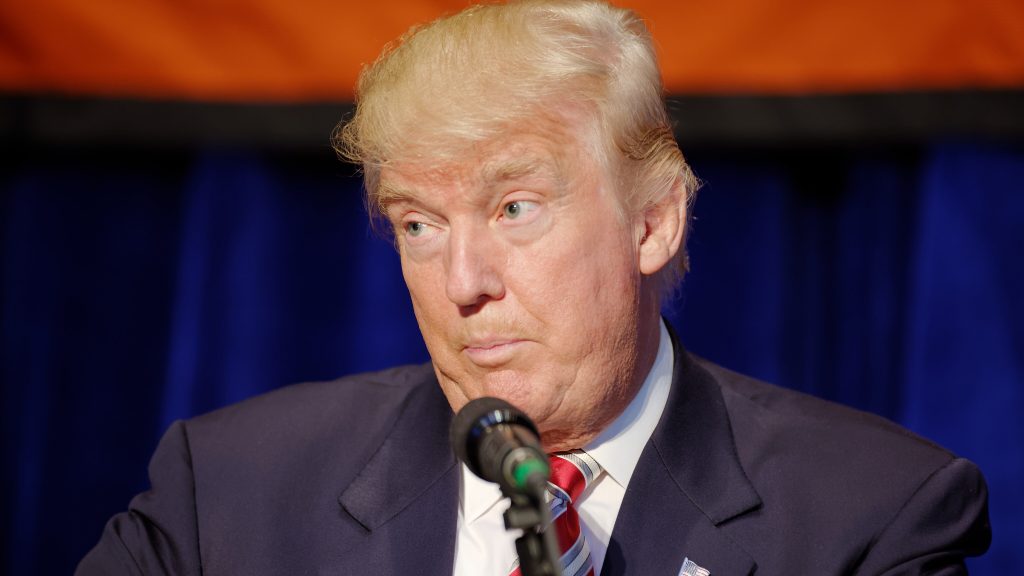While President Trump touts his new trade agreement with Japan as a monumental win, Detroit’s biggest automakers are raising alarms. Here’s how the deal could reshape the automotive landscape—and why it’s not sitting well with American industry leaders.
Others are reading now
While President Trump touts his new trade agreement with Japan as a monumental win, Detroit’s biggest automakers are raising alarms. Here’s how the deal could reshape the automotive landscape—and why it’s not sitting well with American industry leaders.
Trump Hails ‘Massive’ Victory With Japan
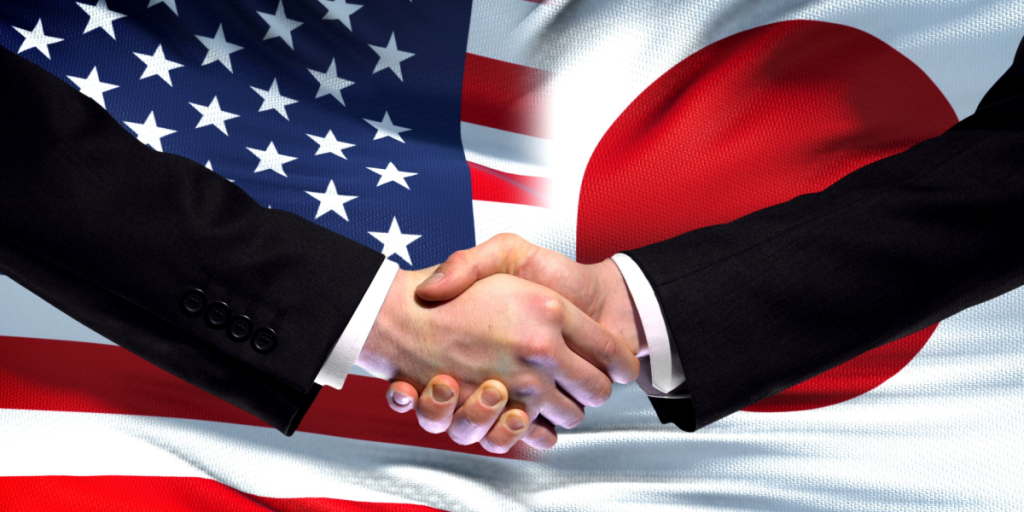
President Trump has finalized a new trade agreement with Japan, describing it as a “massive” win for the US economy. The deal involves a $550 billion Japanese investment and a promise of 90% profit return to the US.
Japanese Stocks Surge on Agreement News

Following the announcement, Japan’s major car manufacturers saw significant gains: Mazda jumped 17%, Mitsubishi 13%, Toyota 11%, Honda 8%, and Nissan rose 8%—signaling investor confidence in the deal’s benefits for Japanese firms.
Lower Tariffs on Japanese Cars
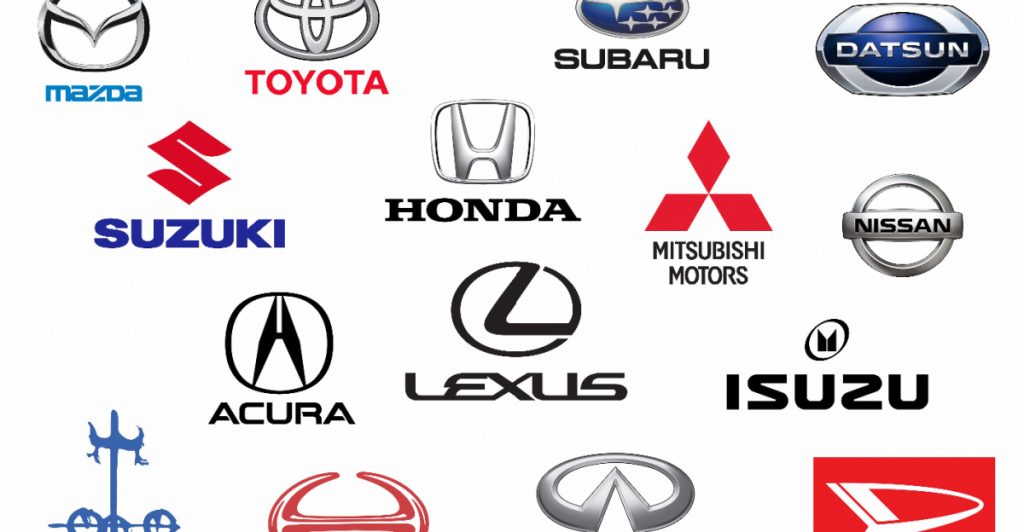
A key element of the deal is a reduction in proposed US tariffs on Japanese cars from 25% to 15%. This move aims to ease trade tensions but is sparking discontent among US car manufacturers.
Detroit Automakers Sound the Alarm
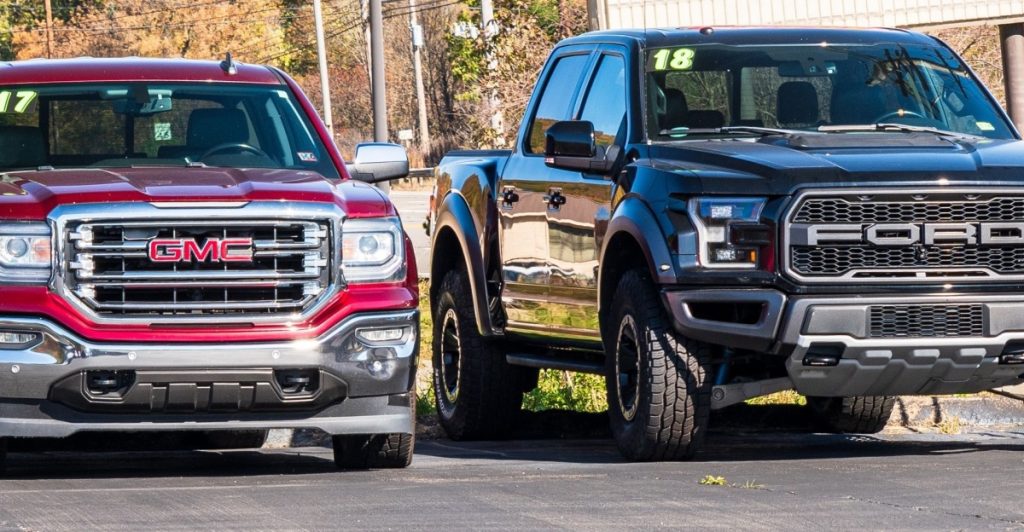
The American Automotive Policy Council, representing Ford, GM, and Stellantis, called the deal “a bad deal for US industry and US auto workers,” warning it gives an unfair advantage to low-content Japanese imports.
Also read
Domestic Manufacturers Face Cost Spike
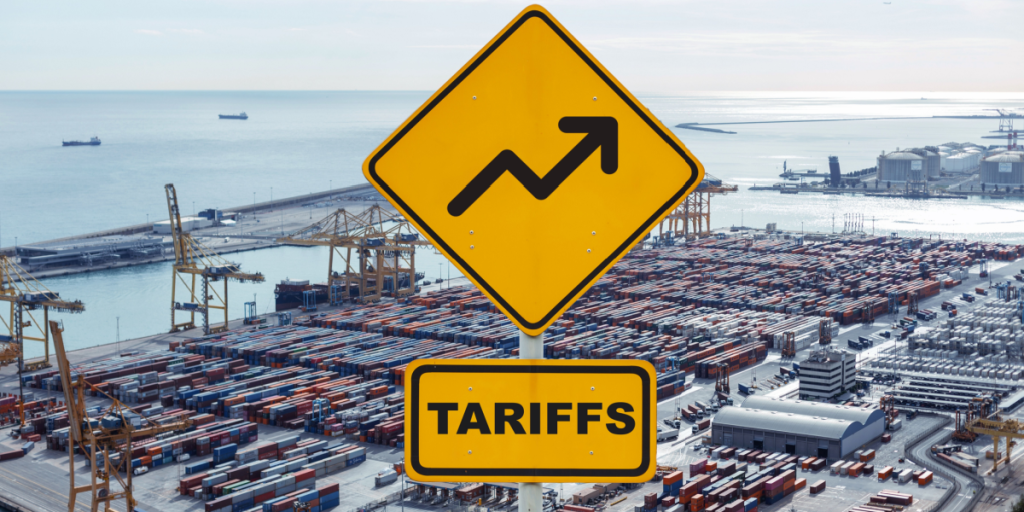
Trump’s planned tariffs of 30–35% on imports from Canada and Mexico—where many US brands have factories—could increase costs for domestic automakers, worsening their competitive position.
Mounting Losses From Tariff Fallout
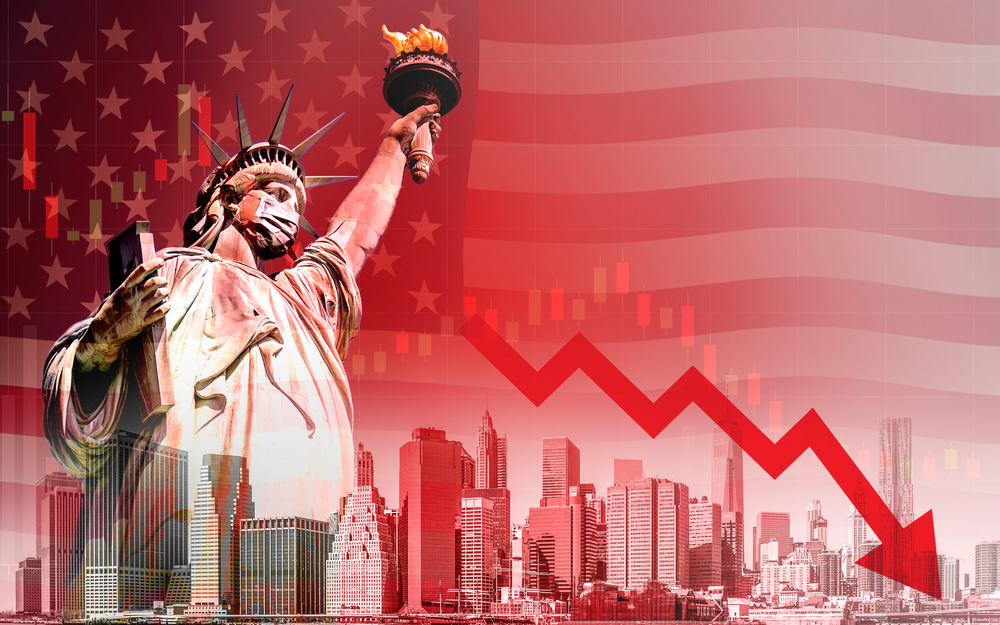
Major automakers are already feeling financial pressure: GM has reported a $1.1 billion loss tied to tariffs, while Stellantis has posted a €300 million loss, leading to production and shipping cuts.
Unequal Playing Field?
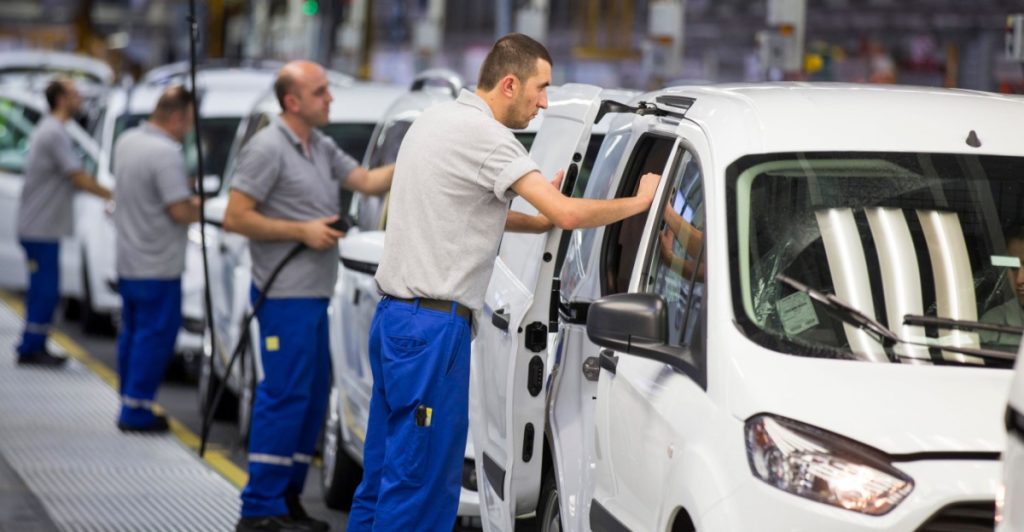
Critics argue the deal incentivizes importing cars with little to no US content, while punishing vehicles assembled in North America that use American labor and parts—putting US jobs at risk.
Broader Economic Stakes

Beyond automakers, the trade deal touches on agriculture and energy. But the spotlight remains on how reduced auto tariffs might reshape the balance between foreign and domestic vehicle production.
What Happens Next?
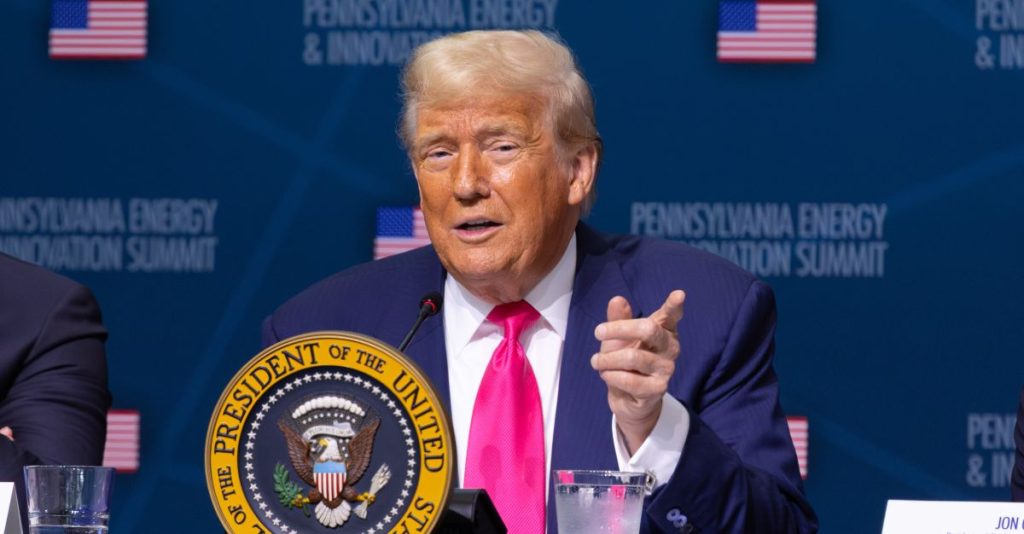
With additional trade negotiations looming and new tariffs set to take effect August 1, the auto industry is bracing for more disruption. All eyes are now on how Trump will navigate upcoming deals with Europe and other partners.

